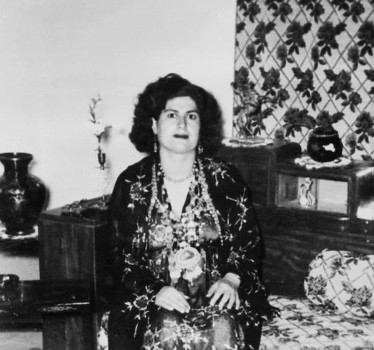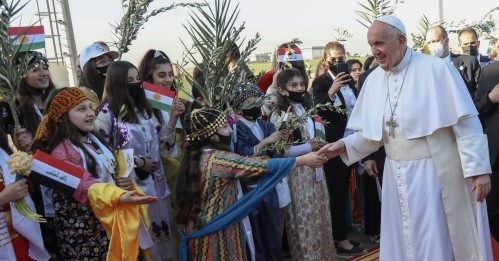After over a decade of working in the media I recently joined the Kurdistan Regional Government. This career move was driven by a desire to be part of a vision that aims to bring positive change to the Kurdistan Region of Iraq.
During my first meeting with Prime Minister Masrour Barzani, he took the time to explain his goals and the challenges lying ahead and underscored his sincerity and determination for change.
One key focus of Prime Minister Barzani is implementing reforms and addressing the shortcomings of the existing political system. In his first term he embarked on reforming a 30-year-old bureaucracy that lacked a well-established framework. In order to achieve meaningful reform, he deemed it necessary to build new modes of executing policies and to invest more in human resources.
The reform process faced numerous challenges. Basic services such as water and electricity continued to be a major concern for people. The current cabinet was criticized for such issues, which had accumulated over the last three decades under previous cabinets.
Nevertheless, Prime Minister Barzani did not shy away from taking responsibility and actively set about addressing these concerns. Unfortunately, in a coalition government, only a handful of individuals were willing to take responsibility for the situation.
Over the past few months working with Prime Minister Barzani, I can attest to his commitment to reform and his unrelenting emphasis on establishing a strong and institutionalized system.
A leader who charts a new course often encounters challenges, sometimes from those closest to him. Those with interests of their own may resist such attempts at change and reform, preferring to maintain the current system. Prime Minister Barzani experienced this type of resistance from individuals and parties who were driven by personal interests rather than a commitment to improve our people’s future.
My team and I have undertaken the task of writing Kurdistan 2028, a document that lays out the principles and strategies for achieving Prime Minister Barzani's vision for the next four years. In this task, we are focusing on five pillars: human capital development, quality education, sustainable growth, environmental sustainability, and economic diversification. The heart of this vision is robust infrastructure that offers people the best services, in addition to strengthening public institutions and combating corruption at its root.
I am deeply encouraged by Prime Minister Barzani's unwavering support for agriculture, human resources, climate change, future generations, and digital transformation. Whenever I am asked about my work or my personal impression, my immediate response is the same: he has a vision.
Hemin Lihony
is Head of Initiatives and Communications Office

